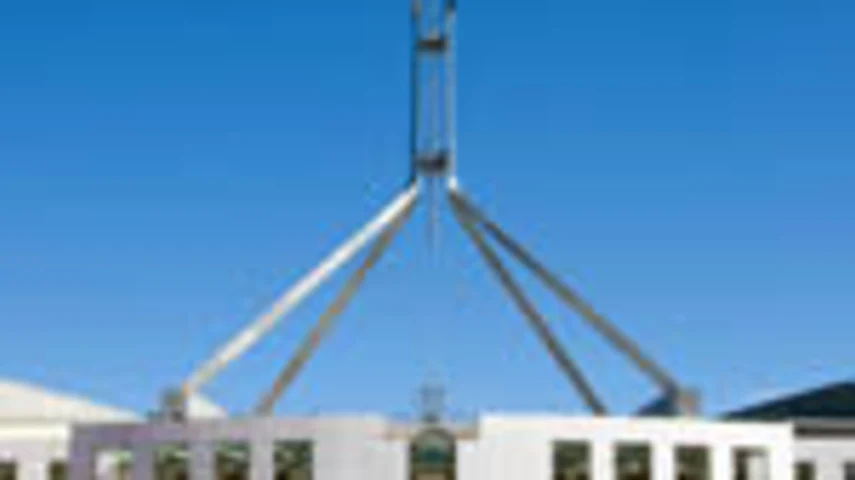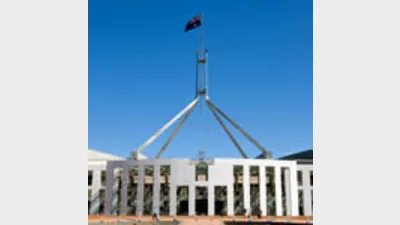Parliamentary Committee reviews excess contribution changes



The Government's key changes to excess super contributions arrangements and employer obligations in respect to superannuation contributions are being reviewed by the House Economics Committee.
The committee confirmed this week it is reviewing the Tax and Superannuation Laws Amendment Bill 2012 and has called for submissions from interested organisations and individuals.
The element expected to draw the most attention is that applying to excess super contributions, with the Government seeking to give effect to the measures announced in the last Federal Budget allowing people to obtain refunds for excess contributions of up to $10,000.
A range of industry organisations - including the Self Managed Super Professionals' Association - have been critical of the legislative change, arguing that any refund of excess contributions should not be limited to $10,000 and should not be one-off.
A number of pre-Budget submissions have also called on the Government to revisit the excess contributions regime to make further amendments.
The legislation being reviewed by the committee also covers a one-year pause in the indexation of the superannuation concessional contributions cap for 2013-14.
Recommended for you
The super fund has launched Retirement Manager, a digital advice tool helping members plan income, spending, and retirement confidence with integrated support.
APRA has warned retail super trustees that financial adviser involvement in recommending platform products does not diminish their obligations, as regulators turned the spotlight on the Shield Master Fund and First Guardian Master Fund during a meeting with fund CEOs.
AMP’s chief economist has unveiled a wish list for the Australian government’s Economic Reform Roundtable.
Australian retirees could increase their projected annual incomes between 3 and 51 per cent by incorporating personal and household data into their retirement income strategies, according to new research.









